What Is Offers Over?
Offers over is…
Where a property is being marketed at Offers Over, it is less clear what price a seller hopes to achieve than where a seller is marketing the property at Offers in the Region Of or Fixed Price. For that reason, buyers tend not to be the greatest fans of ‘Offers Over’ pricing. So what does it all mean and did ‘Offers Over’ not end when Home Reports came into play in late 2008? Read on!
Home Reports Did Not Kill Offers Over
Many people thought that Home Reports would kill off ‘Offers Over’ because the potential buyer knew what the house was ‘worth’. Of course, the old adage that something is worth what someone will pay for it holds true in property too, and just because the Home Report says one thing doesn’t mean that a buyer won’t be prepared to pay more than that.
It Can Be an Attempt to Create a Bidding War
Pricing a property at ‘Offers Over’ can be an attempt to create a bidding war between potential buyers. When the property market is buoyant or there is high demand for this type of property, Offers Over can often indicate that the seller or seller’s agent is hoping to generate multiple interested parties and then create a ‘bidding war’ for the property.
For example, if a highly desirable property in a good area is on the market at Offers Over £400,000 and the Home Report value is £450,000, this might indicate that the property seller is looking for multiple interested parties to bid against each other at a closing date. They will be hoping that this approach generates extra interest and competition amongst the potential buyers.
This level of interest can be, slightly artificially, inflated by pricing the property so low that people will Note Interest when they have no intention of paying anything like the full Home Report value.
Get Advice – It Will Pay Off
With properties marketed at Offers Over, more than any other asking price, it is essential to take expert advice as to what to offer. Obviously, the Home Report does give some clue but even in a Home Report the valuation is not an exact science and they don’t really take into account the effect of multiple Notes of Interest, closing dates or areas of very, very high demand where buyers can get perhaps a bit carried away.
At the most recent peak of the market in 2007, some properties were selling for as much as 50% over the asking price when they were priced at ‘Offers Over’. Most of these were given deliberately low ‘asking prices’ to generate high levels of interest and competition. It must be remembered, this was before Home Reports were introduced in Scotland and the picture has changed considerably since their launch in December 2008. When the market contracted in 2008 and 2009, Offers Over started disappearing. Without competition from lots of buyers, ‘Offers Over’ can actually have a negative effect on the likely selling price because it can look like the seller is looking for less than the asking price and also because buyers generally don’t like ‘Offers Over’ pricing: it’s a tactic for a seller’s market. As the market has recovered, Offers Over is once again in the ascendancy and, in 2018, the vast majority of properties in buoyant markets were marketed at an ‘Offers Over’ asking price.
So, How Much Should You Offer When the Price is Offers Over?
There is no simple answer: it does depend on a number of factors.
1. Is it Affordable?
Of course, you have to factor in how much you can actually afford. But even in the absence of any financial constraints, the main thing is to try and retain a sense of perspective and think about what the property is worth to you. If you had to sell the house in a few years, would you likely make a huge loss if you overstretched yourself now and, if you did, would you regret that?
2. Consult the Home Report
The Home Report is, of course, a good guide too, but it isn’t an exact science. You can of course also instruct your own survey by a Chartered Surveyor in order to get another opinion on value.
3. Seek Expert Advice
By far the best way is to take expert advice from a solicitor, or firm of solicitors, who has a lot of experience in buying and also valuing properties for sale. They can research past sales in the area and also give you a healthy dose of advice about the pricing tactics of the selling agent, based on their experience.
4. Consider the Location and Potential Levels of Interest
The level of interest in the property is something else that you have to factor in. If the property appears to be ‘keenly priced’, in a very popular area and in a buoyant sector of the market, and there are 30 Notes of Interest in the property by the time that you offer at the Closing Date, you have to question whether all other 29 potential buyers are going to offer under the Home Report price. The chances are that the answer is ‘no’, and that there will be at least one or two people who bid considerably more than the Home Report price to secure it: at the end of the day, it’s worth that to them, especially if they have lost out at a few Closing Dates and just really want to settle somewhere and stop house hunting. To see the latest property market update click here.
5. Think About What it is Worth to You
Ultimately, you have to make a decision as to what you think the property is worth to you and then try, really try, to stick to that. I used to ask buying clients for permission to remind them, the day before a closing date, what amount they had said they were going to offer when I had spoken to them at the time they Noted Interest. Almost invariably I’d have to rat them out on the day before the Closing Date and remind them that they had said they wouldn’t get carried away like so many people do! Some people would remember and back-off from offering so much, others would laugh, thank me for my concern and instruct me to bid more than they originally had said they would. It happens on the morning that the offer is submitted too: as a solicitor, you’ll have the offer ready to go and then you’ll get a phone call asking you to add £2000 to the price, or something odd like £2153.53, just in case someone else has bid £2150 more than their original bid. I would actually suggest writing down what you thought you were going to bid when you first saw the property, before you found out that other people were interested, and remind yourself of that at the Closing Date.
There is an old saying that you make your money on a property when you purchase it and not when you sell it. This is true. Your ability to develop the property with a view to a future resale will come down to your choice of property, a decision that is made at the point of purchase, not the point when you do the development work or sell it. Equally, another old expression states that the easiest money you’ll ever make is the money you don’t spend. For this reason, by not overpaying at the point of purchase, you are more likely to make some money on your investment when you come to sell it or, at the least, not to lose money at the point of sale.
Contact us for expert advice on offers over in your area. Just call us on 0345 646 0208 or email [email protected] for more information!

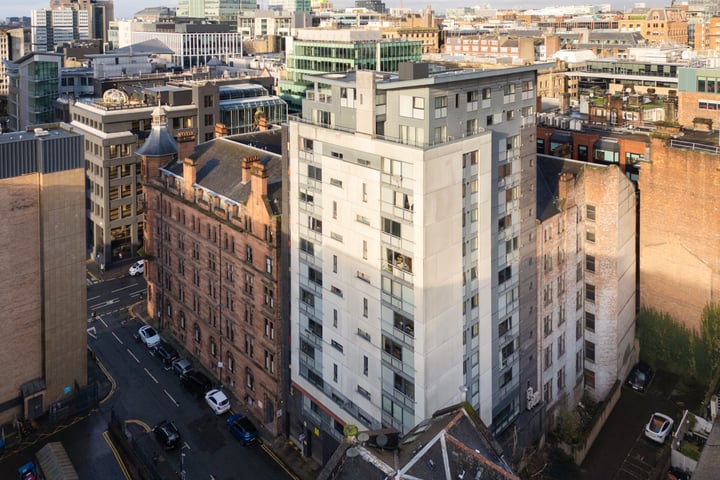
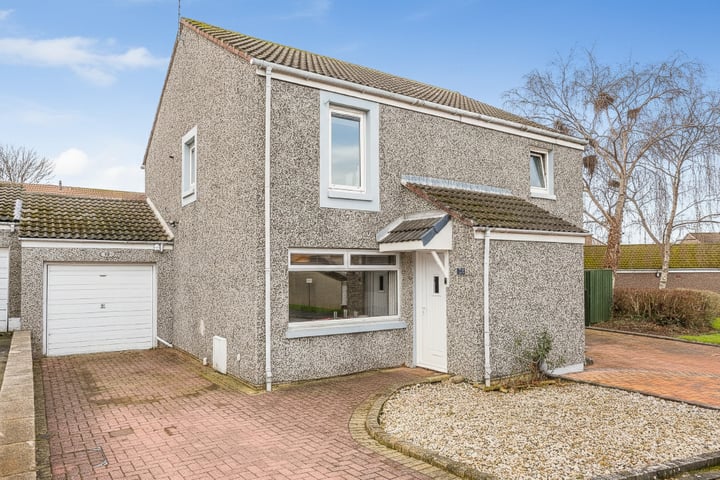
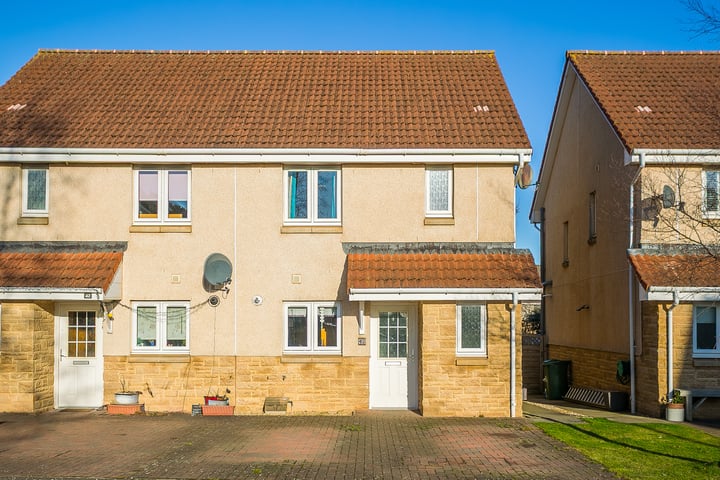
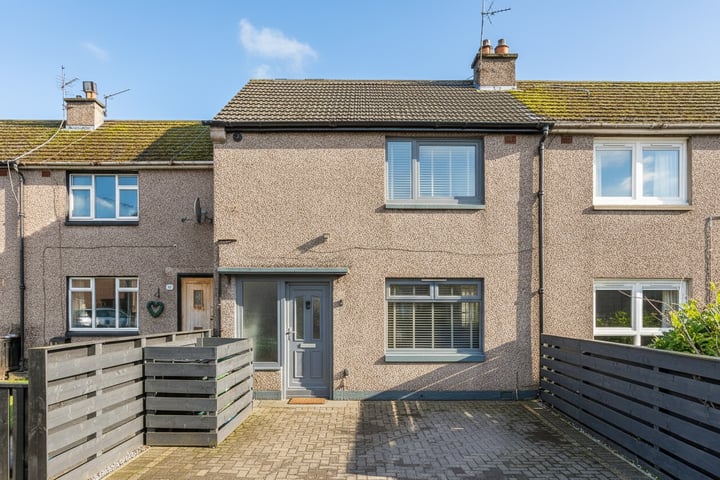
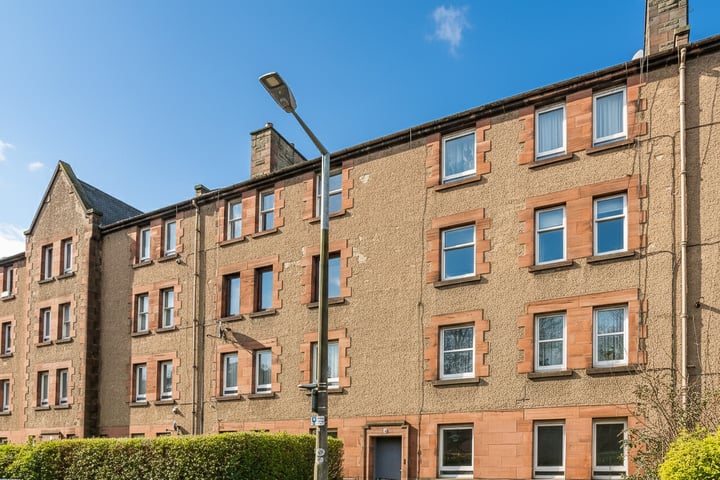
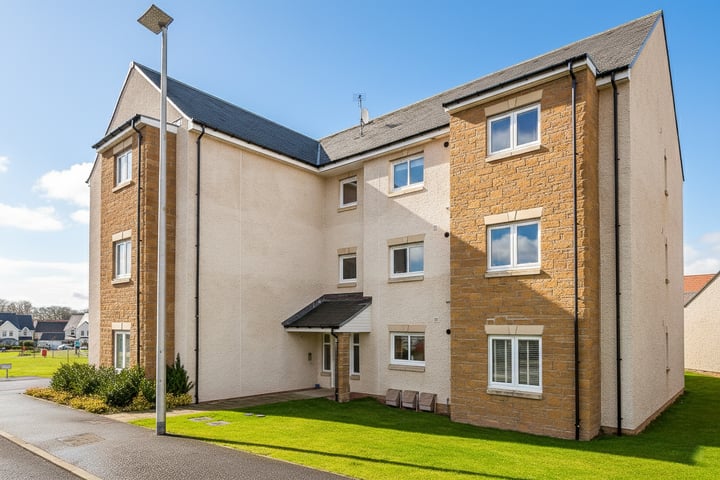
Leave a Reply